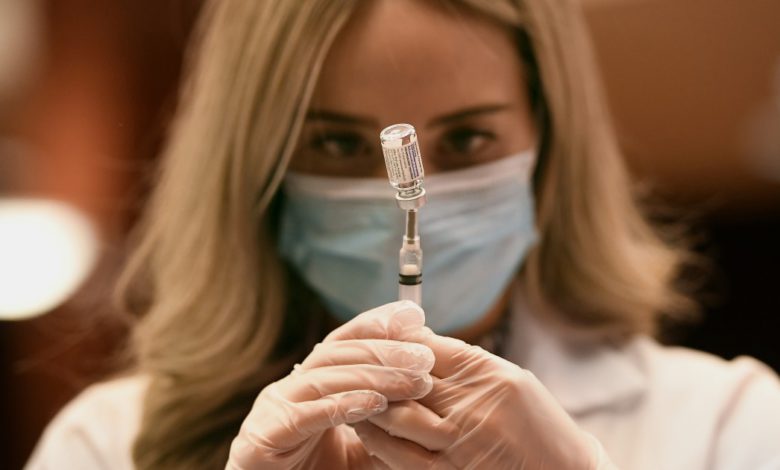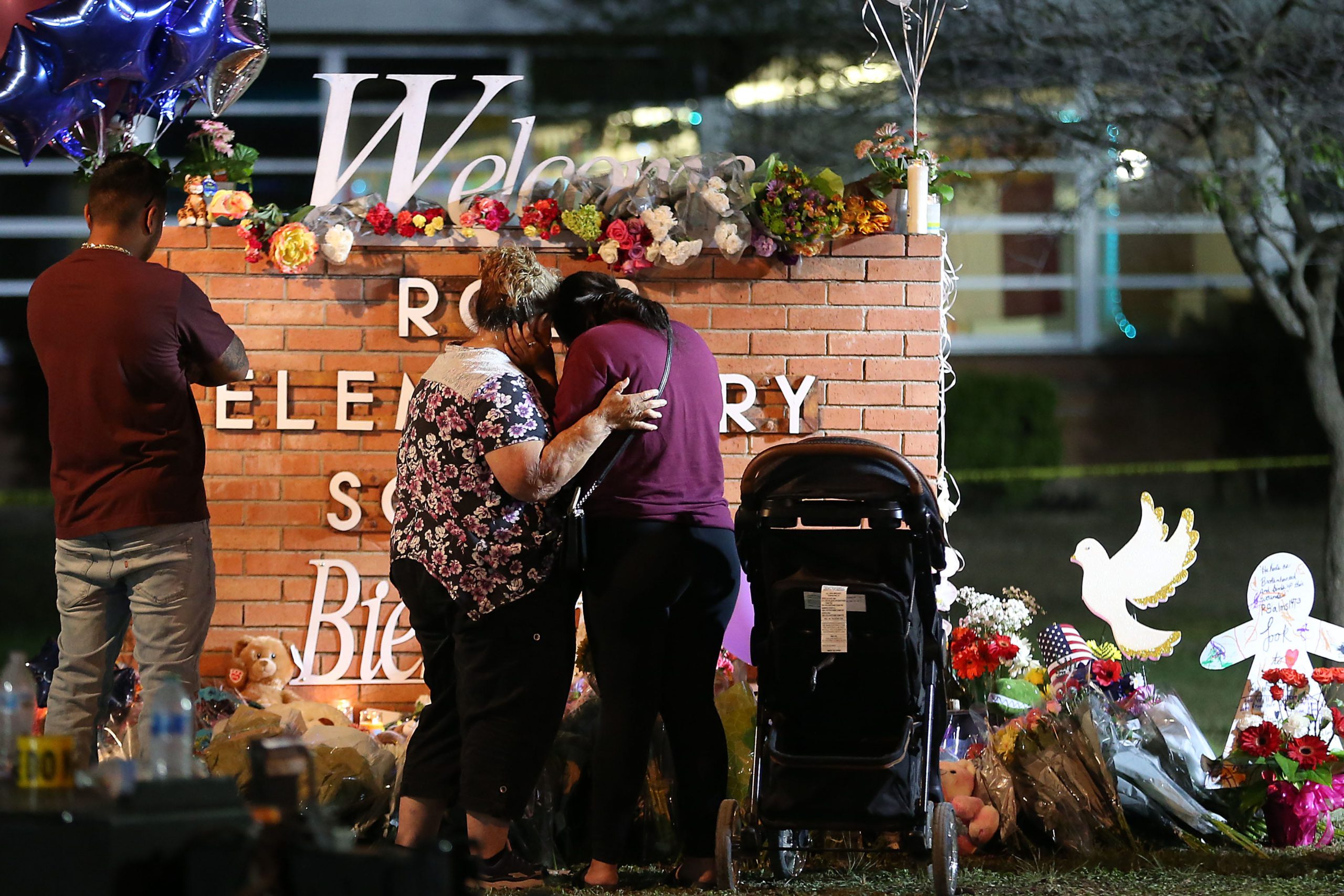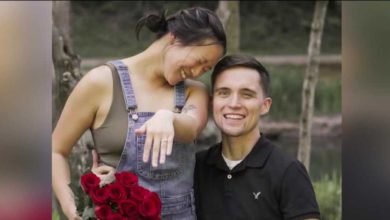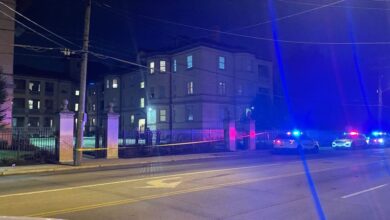
Despite being a front-line health care worker and witnessing firsthand the impacts of the COVID-19 crisis, registered nurse Deborah Torres was concerned about getting vaccinated for the virus.
“I wanted to see how my other coworkers that were working and getting vaccinated did,” she said.
Torres waited a month after it became available, then got the Moderna shot, which she says caused some physical side effects.
“I got the chills, nausea, dizziness,” she said. “I had a fever, and I was very fatigued and that lasted for an entire day.”
Torres works at a major hospital in Southern California, where many of her coworkers are still reluctant to get vaccinated
“It’s not that they’re anti-vaccine, it’s just that they’re hesitant right now because it’s new,” she said.
A new study by the Kaiser Family Foundation in partnership with The Washington Post found 48% of front-line health care workers are unvaccinated, which is concerning for some medical experts.
“It’s also a patient safety issue. If you get vaccinated, you’re much less likely to give COVID in the workplace,” said William Schaffner, MD, an infectious disease specialist with Vanderbilt University Medical Center and a consultant for the Centers for Disease Control and Prevention.
Schaffner understands the concerns health care workers have about getting vaccinated, but says when they don’t, it could increase transmission rates and also impact others’ decisions.
“If the nurses don’t get vaccinated and people ask them and they discover that the nurses are weary, of course, because nurses are trusted, the neighbors and friends will be weary of getting vaccinated also,” he said.
While Torres did get vaccinated, she still supports her coworkers that haven’t
“I don’t have any judgment towards them, and I don’t think any differently of them,” she said.









